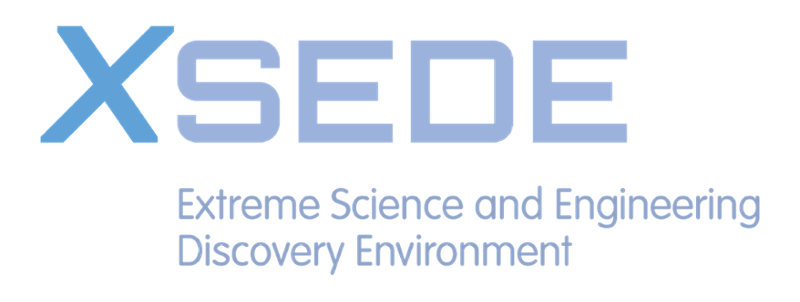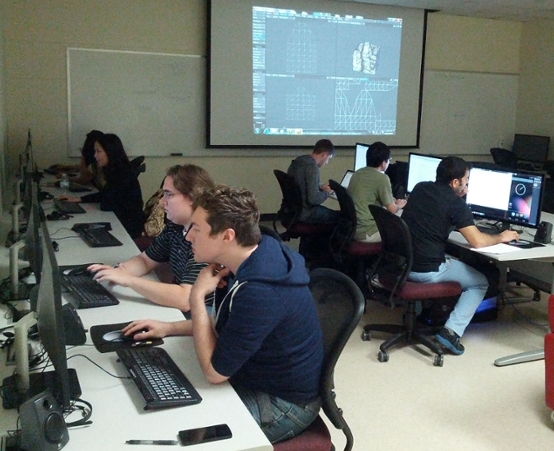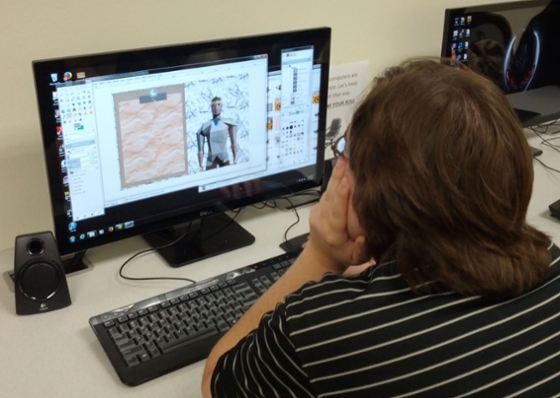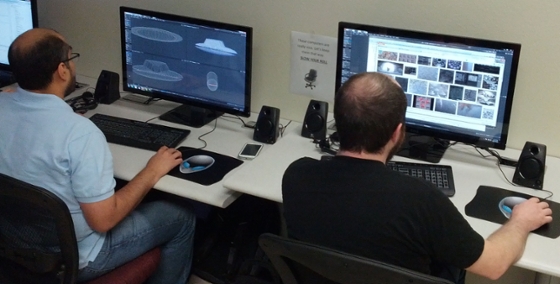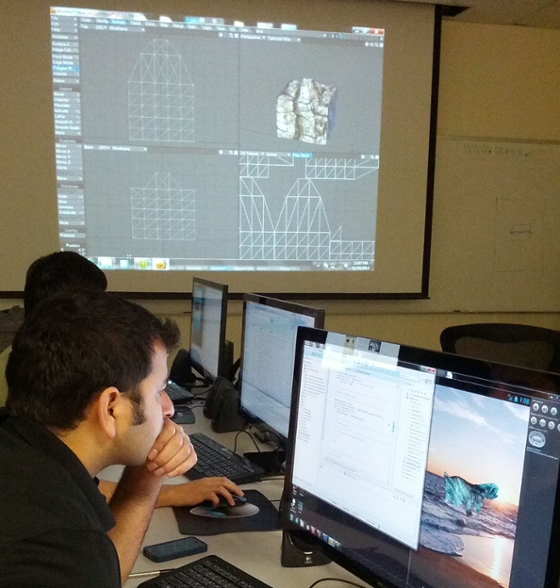Computing Facilities and Resources
The Computer Science department has six switched Ethernet laboratories attached to the gigabit-bandwidth campus network infrastructure through which Lamar University is connected to the Internet and World Wide Web. The equipment in the labs is abundant and available to all students. It is comprised of a diverse assortment of hardware and software including Intel-based PCs, Sun workstations and servers, dual AMD Opteron servers, and robots. Research grants fund much of the research equipment.
The department offers:
- image and video processing equipment for multimedia-related classes
- software for advanced courses and research in database, network simulation, symbolic computation, neural networks, continuous and discrete simulation, artificial intelligence
- computer graphics readily accessible from our servers
- wireless access to the Internet within the Maes Building where Computer Science is housed
The department enjoys a friendly working relationship with local and national companies. The department's Industrial Advisory Council is composed of representatives from regional/state industries and high-tech firms.
Lab Hours
Monday: 9 am - 6 pm
Tuesday: 9 am - 6 pm
Wednesday: 9 am - 6 pm
Thursday: 9 am - 6 pm
Friday: 9 am - 4:30 pm
Saturday: 12 pm - 5 pm
Sunday: 12 pm - 5 pm
By Request Labs can remain open with department approval after regular hours.
Game Development Laboratory
The Lamar Computer Science Department maintains the Game Development Laboratory to promote education and research into software design and development for computer games. It's also used to teach courses in mobile applications development, including courses in the Android operating system.
The lab is located in Room 218 of the Maes Building and open to computer science majors in the game development program. Equipment includes 20 Dell Alienware workstations equipped with 3-D graphics and authoring and development software.
Microsoft Developers Network Academic Alliance

The Microsoft Developers Network Academic Alliance (MSDNAA) product is a licensing program purchased by the Lamar University Computer Science Dept. from Microsoft which allows all registered Computer Science major students, faculty and staff of the computer science department to use various Microsoft software products and online resources for academic and non-profit research purposes. Before you use it please read the License Agreement.
Sign Up or Renew
Sign the agreement, which is available in computer science department office at room 204 (Contact Mr. Frank Sun). Only your school email account (username@lamar.edu) is accepted by Microsoft for the membership. After you sign the agreement, you will get a email from Microsoft containing your login name and password.
Renew your membership at the beginning of each spring and fall semesters. Your membership will expire Aug 30, or Dec 30 each year.
Microsoft MSDNAA Links
The Extreme Science and Engineering Discovery Environment
The Extreme Science and Engineering Discovery Environment (XSEDE) is the most advanced, powerful, and robust collection of integrated advanced digital resources and services in the world. It is a single virtual system that scientists and educators can use to interactively share computing resources, data, and expertise. XSEDE accelerates open scientific discovery by enhancing the productivity of researchers, engineers, and scholars and making advanced digital resources easier to use.
Scientists and engineers around the world use these resources and services – things like supercomputers, collections of data, and new tools – to make our lives healthier, safer, and better. XSEDE staff will be on hand to assist people with using these resources and services.
